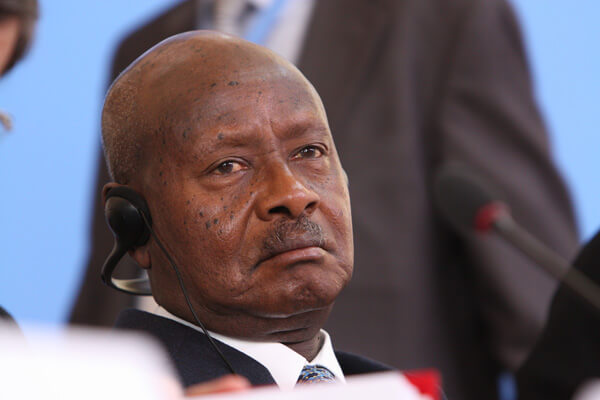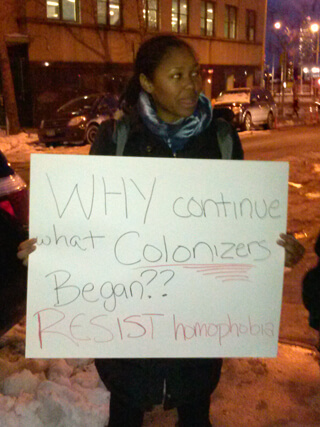Sudan unveiled changes to its criminal justice system that includes the relaxation of sodomy laws that previously called for “a hundred lashes” and the death penalty for engaging in gay sex.
The changes, publicized by Bedayya, an LGBTQ organization based in Egypt and Sudan, followed a wave of political upheaval in a northeastern African nation that just last year saw the ousting of President Omar al-Bashir in a coup.
The reforms also removed the penalty of apostasy, crimes of freedom of belief and thought, and the death penalty applied to children and to people over the age of 70. Importantly, the new laws now criminalize female genital mutilation, which has been a major problem in the nation, and allow women to travel with their children outside of Sudan without permission from the children’s father.
Homosexuality is still illegal, punishable by up to seven years behind bars, but the relaxation of some laws drew some praise after several decades under al-Bashir’s repressive regime.
“Although Article 148 is still active, the queer movement in Sudan is fully aware of the importance of its continues and dedicated work to advocate for decriminalization,” Bedayya said in a written statement. “Bedayaa considers passing these laws and amendments as a great step toward reforming the justice system in Sudan; this would pave the path for new amendments for change.”
The organization added, “As ‘Freedom, Peace and Justice’ was and will remain the slogan of the Sudan Revolution, justice will not exist without institutions that apply the role of law on the basis of freedom and equality.”
Sudan is the latest African nation to undergo changes to LGBTQ-related laws. Last year, Botswana decriminalized Sodomy, Angola rolled out a new penal code without a ban on gay sex, and Kenya’s Court of Appeals affirmed a High Court ruling that recognized an LGBTQ organization. In Zambia, a gay couple was released after their arrests on sodomy charges sparked an international squabble involving the US ambassador.
But the plight of queer folks in some parts of Africa have also taken steps backward as of late. The COVID-19 pandemic has impacted queer communities in East Africa, such as in Uganda, where nearly two dozen queer Ugandans spent months locked up after cops used coronavirus regulations to raid their shelter. Also in Uganda, it was reported in April that HIV-positive gay men stopped taking treatment medication because they were enduring a hunger crisis and could not tolerate their medication without food.
In Mauritania earlier this year, eight men were arrested and sentenced to two years in prison for “committing indecent acts” and “inciting debauchery” after they danced at a party that authorities assumed was a same-sex wedding. Elsewhere, Gabon has imposed a new ban on gay sex, and 59 men were arrested on homosexuality charges in Nigeria last year.
According to the International Lesbian, Gay, Bisexual, Trans and Intersex Association (ILGA), six UN member states — Iran, Saudi Arabia, Yemen, Nigeria, Sudan, and Somalia — impose the death penalty for same-sex sexual relations, while the death penalty is also possible in Mauritania, the United Arab Emirates, Qatar, Pakistan, and Afghanistan.
To sign up for the Gay City News email newsletter, visit gaycitynews.com/newsletter.



































